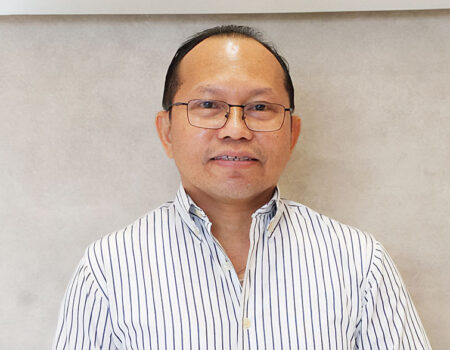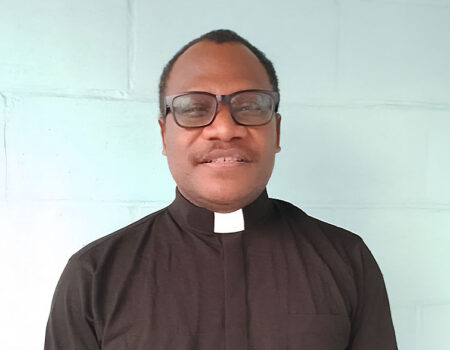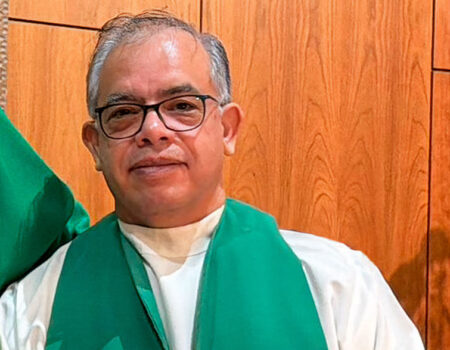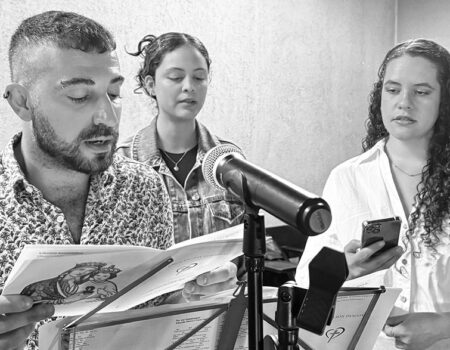Indigenous Peoples Fighting for Peace, Justice, and Well-Being
Tuesday September 30, 2025
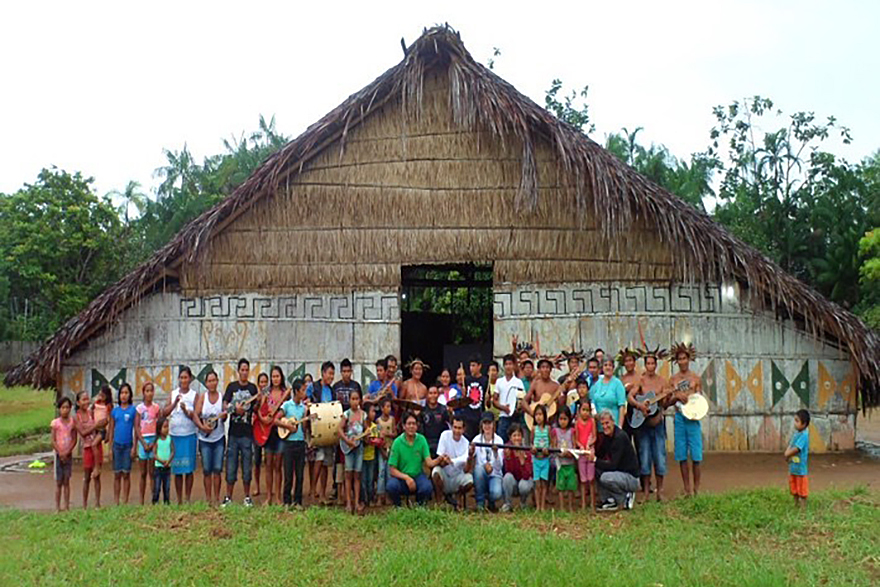
“Poteri karã, wakũ tuhtuá, ayurõ, kahti sirisé” (Tukano dialect, Amazon, Brazil)
Dear readers,
With gratitude and deep commitment, I join you in this Season of Creation (September 1 – October 4), as One Humanity in One Common Home. I will share with you not only my personal struggles but also the daily challenges faced by my people, the indigenous peoples of the Amazon. My hope is that these words open hearts to see that our struggles are not only necessary but also sacred, and that they call for reflection, solidarity, and support.
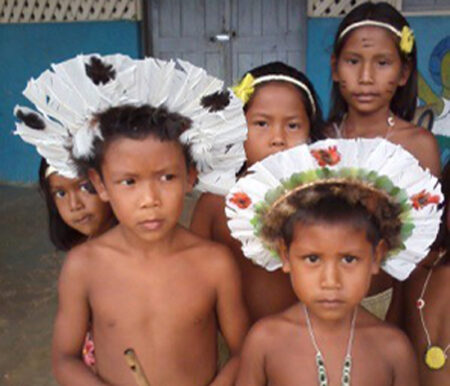
I am Fr. Sérgio, MSC (Doé), born in the indigenous community of São José II (Botepori Buá – Embu Tree Hill), in São Gabriel da Cachoeira—a region where indigenous presence is strong and alive. I was raised in the village, immersed in our culture and traditions. Even now, though I live in Bauru-SP, my indigenous identity remains firm: my roots continue to shape who I am, how I serve and how I live.
The Cry of My People. What compels me to write is the pain of seeing my people – my brothers and sisters – suffering violations, disrespect, persecution, and even violence that claims lives.
This pain is not abstract; it is very personal. For us, whether in villages or cities, we are one family. Today, the awareness of being indigenous unites us as relatives. This kinship bond strengthens our resistance and gives us courage.
Yet, despite recognition in the Brazilian Constitution (Article 231), which upholds our rights to our land, culture, and traditions, injustice continues to mark our daily lives. We endure exploitation, prejudice, marginalisation, and the denial of our dignity.
As Laudato Si’# 49 reminds us, “the cry of the earth and the cry of the poor are one and the same”. Our fight for land is not a selfish battle; it is the defence of life itself, the life of our children, our elders, our rivers, forests, culture and traditions.
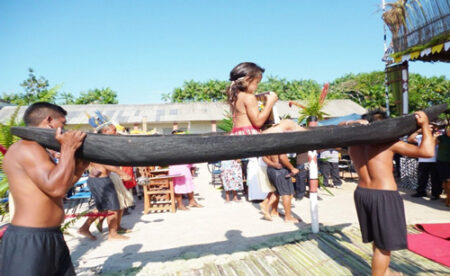
The Land Is Our Mother. For us, land is more than territory: she is our mother. She nourishes us with beiju, fish, cassava flour, and pure water. From her, we receive everything we need to live. To love her is to protect her. That is why our resistance is not about greed or enrichment. Our ancestral way of life has never been centered on profit. Instead, we have been entrusted with a vocation: to care, to preserve, and to pass on a living tradition of harmony with nature in our time and to the next generation.
When we say “land,” we are also speaking of the lungs of the world – the Amazon itself. To destroy it with deforestation, mining, and pollution is not only to violate indigenous lives; it is to wound the entire planet, to harm the integrity of creation, and to betray the gift God entrusted to humanity.
Struggle for Dignity and Self Determination. Our struggle is therefore a struggle for peace, justice, and well-being. It is a struggle for our dignity, to be seen and valued as human beings created in God’s image. Yet, prejudice still lingers: we are called “lazy,” “ungrateful,” or “never satisfied.” These labels dehumanize us and attempt to silence our voice. But let it be clear: we fight not for privileges, but for survival. We resist not to exclude others, but to protect the common good of all. When we defend our rivers and forests, we defend them for you as well, for your children too and for the generations yet to come.
The Call of the Church. Pope Francis, in Laudato Si’, urges the world to hear the wisdom of indigenous peoples, to see in us a way of living that resists consumerism and exploitation. He reminds us that integral ecology is not only about protecting the environment but about protecting people, cultures, and communities whose lives are inseparably bound to creation.
When we fight for our rights, we are not only defending indigenous identity. We are bearing witness to the Integrity of Creation, to the sacred interconnection between humanity and the earth. We are living out the mission of Justice and Peace, making real the Gospel call to love one another and to care for “our common home.”
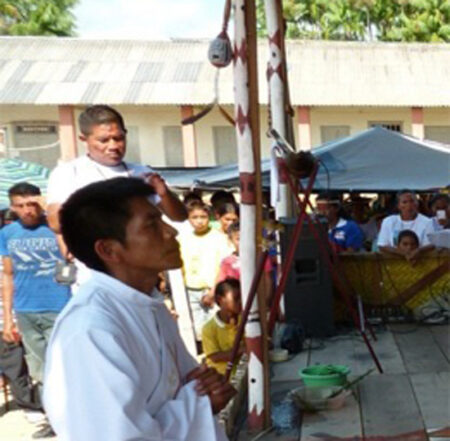
The Way Forward. What then must be done? We cannot retreat. We must continue to fight daily, tirelessly, for our rights and for the dignity of future generations. We are the protagonists of our struggles, and we take up this responsibility with courage. Yet we also need allies – people and institutions who believe that peace, justice, and creation itself are worth defending.
Dialogue, as Pope Francis teaches, is the path forward: dialogue between peoples, between governments, between the Church and society. Only together, with open hearts and mutual respect, can we build a future where the rights of indigenous peoples are safeguarded, where creation is respected, and where the well-being of all is possible.
Dear friends, indigenous resistance is not a threat; it is a gift of hope. It is a reminder that another way of living is possible – one rooted in respect, solidarity, and care for life. In our struggles, we invite you to walk with us, to listen, and to recognize that our cry is the cry of creation itself.
Join me contemplating seriously the call of Laudato Si’:
· to hear the voices of the excluded,
· to protect the beauty of God’s creation,
· and to work tirelessly for justice, peace, and the well-being of all peoples.
May we, together, make this dream a reality.
Sérgio de Jesus Alves Azevêdo, MSC
(Doé, Indigenous name)


